"
European democracy is under attack
", declared the President of the European Parliament, Roberta Metsola, in reference to "Qatargate", the alleged corruption affair involving Qatar and the Greek elected representative Eva Kaili.
This scandal, unprecedented at Community level, highlights the weakness of European institutions in the face of the virus of corruption.
For many specialists, the laxity of Parliament in regulating lobbying would encourage slippage.
To discover
Prime Macron 2022: conditions, amount, date of payment... how does it work?
“
The banknote suitcases are obviously exceptional,
nuance Yves Bertoncini, teacher and consultant in European affairs.
But everyone knows that we never hand over the tickets on the first date
.
In other words, if “
Qatargate
” is not representative of the practices in force within the European Parliament, it necessarily raises broader questions of transparency and regulation of lobbies at Community level.
“
If the prior contacts were more supervised, that would reduce this type of individual deviation
”.
The observation is shared by Olivier Costa, Director of Political Studies at the College of Europe and researcher at the CNRS, for whom "
the current rules create an environment far too favorable to attempts at corruption and criminal influence
”.
Read alsoFight Impunity, this NGO at the heart of “Qatargate”
However, the European institutions have been working for more than a decade to strengthen the supervision of lobbying activities.
A “
code of conduct for Members of the European Parliament with regard to financial interests and conflicts of interest
” was adopted in 2011 as an appendix to the rules of procedure.
On this occasion, the parliamentarians set up a register of transparency aimed at identifying and monitoring the activity of influence groups within the Community institutions.
But the limits of the device are obvious in the eyes of the experts: “
The registration of lobbies is not compulsory.
There is no real interest in appearing in the register
,” explains Yves Bertoncini.
For him, the 12,000 groups listed are nothing representative of the many lobbyists who gravitate to Brussels or Strasbourg.
The “ grassroots
” parliamentarian
has no obligation to publish his meetings with interest representatives, whether they are listed or not.
Only the deputies who are in charge of legislative reports and the presidents of the Commissions are required to do so.
And in theory only: in fact, the absence of a verification body does not really encourage deputies to publish their meetings.
According to Transparency International, 58% of MEPs have published at least one meeting with an interest group since the start of their mandate, a figure which, according to the NGO, does not reflect the reality of parliamentary agendas.
As for the “
gifts
”, if they are supposed not to exceed a value of 150 euros and to be recorded in a public register, the control devices are there too, very thin.
Foreign influences
What about relations with emissaries from third countries?
“
The latter are not subject to the transparency register.
Meetings, gifts… Nothing is concretely controlled by Parliament
”, deplores Yves Bertoncini.
The "
friendship groups
", which the deputies can create outside any institutional framework, are a privileged gateway for foreign influences.
Some are directly funded by foreign governments.
Beyond the advantages enjoyed by the stakeholders, these groups sometimes act as real relays of influence, political and commercial.
Suspected "
Trojan horse
" from Beijing to Strasbourg, the EU-China friendship group had been suspended in 2021.
Read alsoEurope: the “Qatargate” scandal pollutes the meeting of the Twenty-Seven as the revelations follow one another
For Olivier Costa, this scandal “
shows the naivety and backwardness of the European Parliament in relation to the state of the world.
The central role now played by the Parliament within the Union fuels foreign attempts at corruption
”.
Especially since in terms of influence, Strasbourg is less locked than Brussels: “
This creates a breath of fresh air: it is easier to corrupt a MEP than a commissioner
”, concedes the researcher.
Will the magnitude of the crisis awaken the European Parliament from its torpor?
Protection of whistleblowers, strengthening of the transparency register… On the sidelines of legal proceedings, the President of the European Parliament has already outlined some avenues for reform.
The creation of a body devoted to community ethics - a promise made by Commission President Ursula von der Leyen when she took office in 2019 - is expected by many European players.
Harmonize the rules
The future body must be "
independent and inter-institutional
", insists Olivier Costa.
“
On this point, Ursula von der Leyen's proposal was insufficient.
The composition envisaged did not make it possible to harmonize the rules within the various institutions and to go beyond the logic of corporatist protection
”, judges the research director.
The High Authority for Transparency in Public Life (HATVP), which since 2013 has ensured the example of French political leaders, could serve as a model.
But it is still necessary to ensure that the future structure is provided with “
sufficient resources
” to enable it to exercise active control over the 700 or so deputies in the European Parliament.
Deputies, precisely, will they be inclined to more transparency?
"
In the name of the freedom conferred by their mandate, MEPs
have long opposed a tightening of surveillance and control mechanisms
", admits Yves Bertoncini.
But the shock wave caused by the "
Qatargate
" should this time change the game.
The two specialists are in favor of close monitoring of parliamentary activities: "
Each meeting, each gift must be recorded
", they plead.
Beyond the Qatari case, the porosity between elected officials and lobbies raises questions: “
Many MEPs or former MEPs do lobbying alongside their political activities.
This practice, now authorized, should be prohibited
”, suggests Yves Bertoncini.
In terms of transparency, the work of the European Parliament has only just begun.

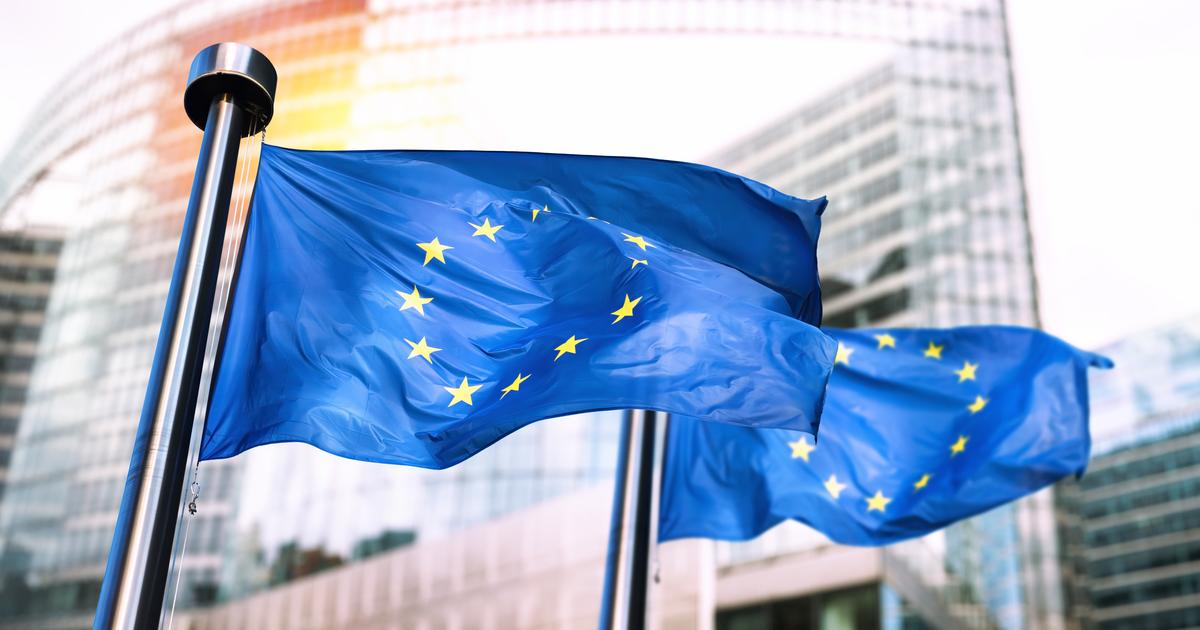
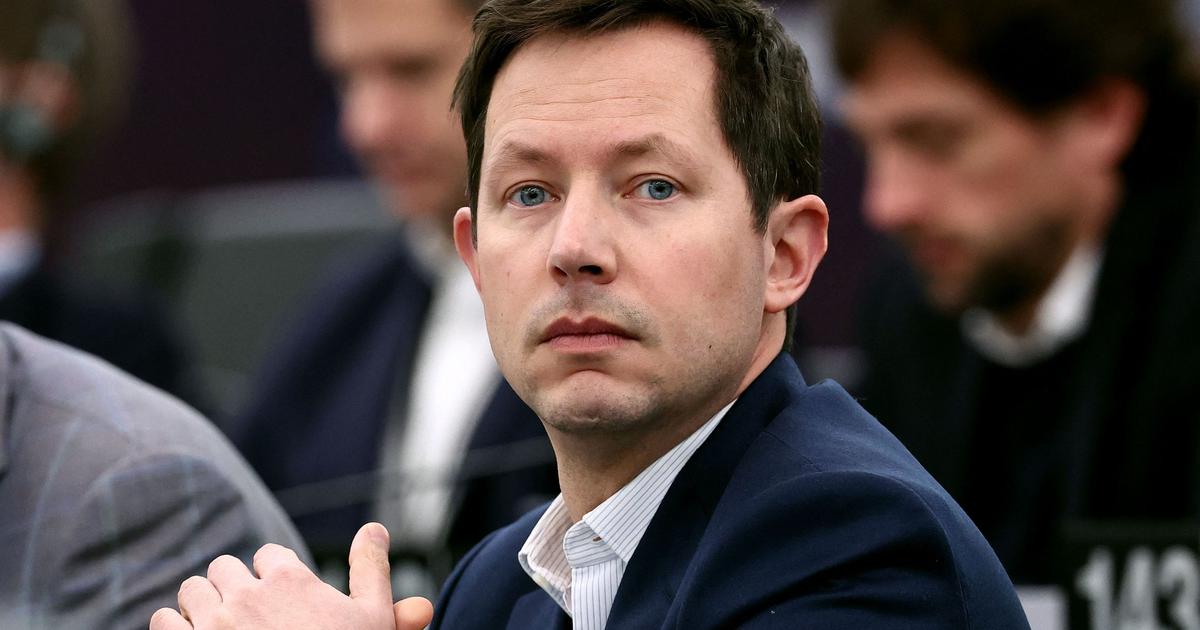
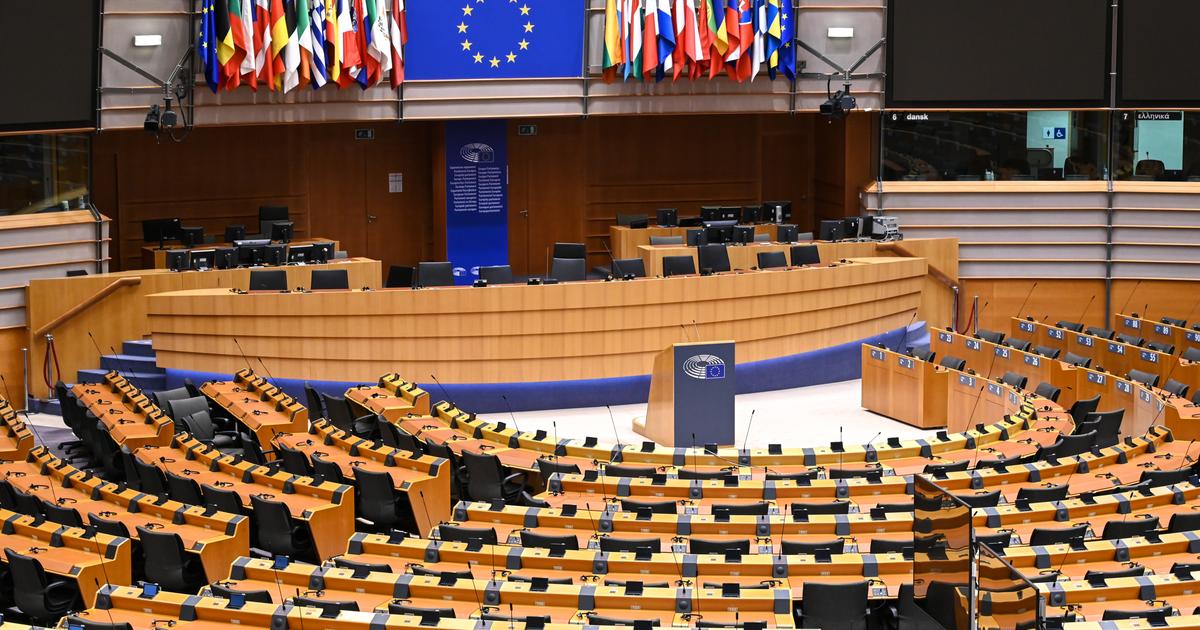



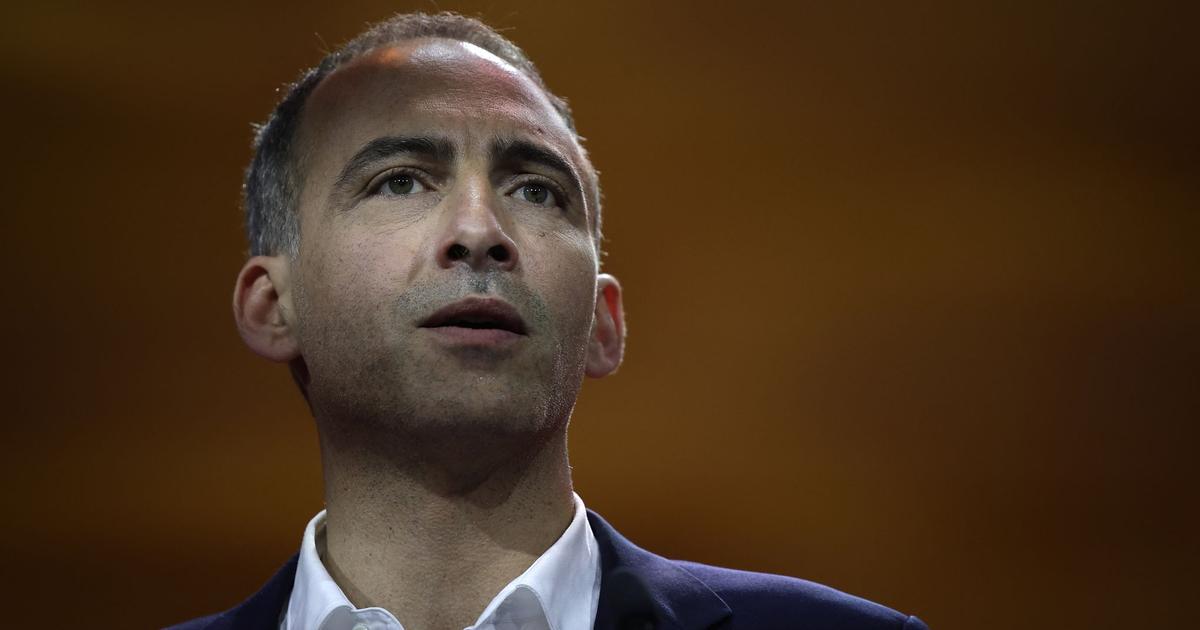
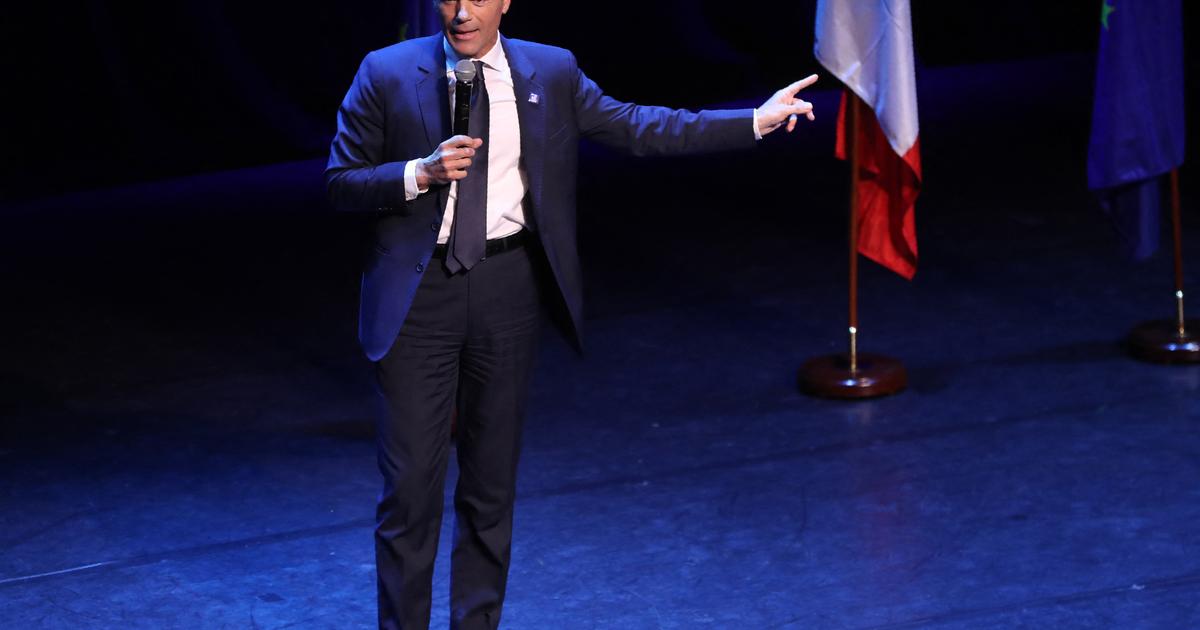
/cloudfront-eu-central-1.images.arcpublishing.com/prisa/ILLMSM3CL5EZTGR5TPAFNGGS6Y.jpg)